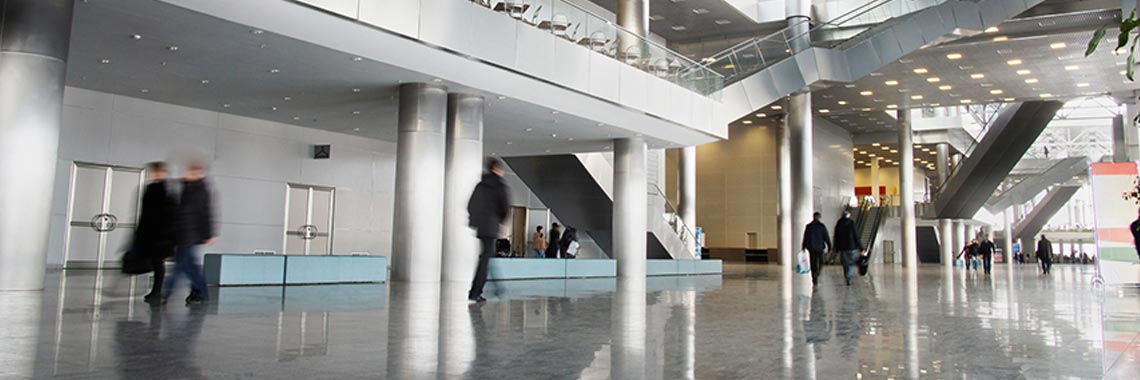
The problems relative to or derived from the quality of indoor air are recognised as important risk factors with respect to human health.
SIPRP is qualified to provide services in the context of Indoor Air Quality. We have a variety of appropriate equipment for the studies and the experience of a technical team that, over the last few years, has conducted a large number of studies in greatly diversified contexts.
Pursuant to the legal system for the promotion of occupational safety and health (Law number 102/2009 of 10 September), “the employee should assure the worker safety and health conditions in all aspects of his work.”
Decree-Law number 118/2013 of 20 August (which seeks to assure and promote the improvement of the energy performance of new buildings through the energy certification system of buildings) considers of the greatest importance, in order to safeguard the same levels of protection of health and well-being of the occupants of the buildings: the maintenance of the minimum values of new air flow per space and the thresholds of protection for the concentrations of pollutants of indoor air.
According to the regulations on energy performance of commercial and service buildings, the pollutants (physical-chemical and microbiological) are the following:
- Suspended particulate matter (PM10);
- Suspended particulate matter (PM2.5);
- Total volatile organic compounds;
- Carbon monoxide;
- Formaldehyde;
- Carbon dioxide;
- Radon – compulsory in buildings constructed in granite areas (namely in the districts of Braga, Vila Real, Porto, Guarda, Viseu and Castelo Branco);
- Bacteria;
- Legionella spp and pneumophila;
- Fungi.

